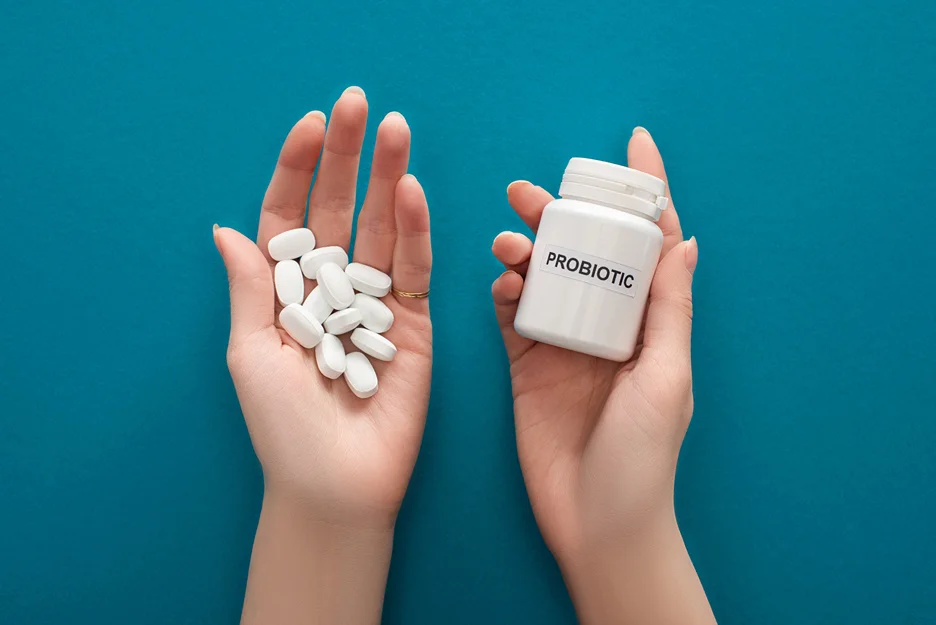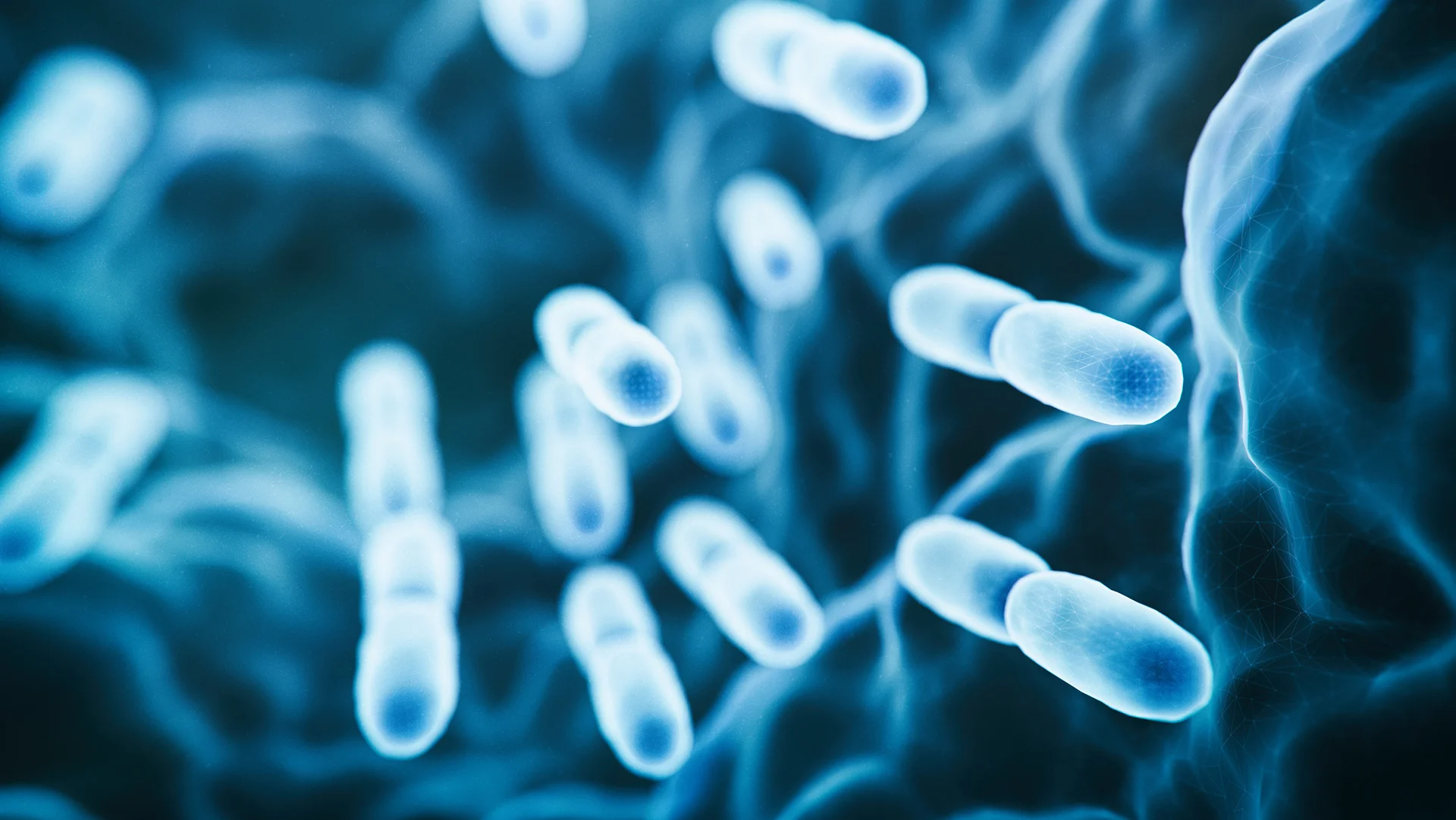A Potential Ally for Increasing DAO Enzyme Levels
Histamine intolerance has become a common concern, often linked to a deficiency in the Diamine Oxidase (DAO) enzymes. The link between probiotics and DAO enzymes is emerging as a promising area of research in managing this condition. In this article, we will delve into the power of probiotics for DAO enzymes, highlighting the potential benefits of combining these two.
DAO Enzymes, Probiotics, and Histamine Intolerance: A Therapeutic Triad
The Role of DAO Enzymes: The Histamine Regulator
Diamine oxidase, often abbreviated to DAO, is an enzyme produced in abundance in your intestines, kidneys, and placenta. This enzyme takes on a vital role, in metabolizing histamine, a multifunctional compound. Histamine is essential for local immune responses and serves as a neurotransmitter in our brain, spinal cord, and uterus.
Let’s look at histamine intolerance. Here, DAO steps into the spotlight. Why? Because DAO is the body’s primary mechanism for breaking down and clearing histamine. If DAO is deficient or its activity is somehow compromised, histamine starts to pile up. This accumulation can set off a domino effect of symptoms linked with histamine intolerance, from headaches and skin rashes to digestive discomfort.
DAO levels, however, are not set in stone. They can fluctuate, driven by a variety of factors. Certain medications, gastrointestinal diseases, and even your unique genetic makeup can dial down DAO levels. On the brighter side, specific foods and probiotics can act as a DAO booster, potentially helping to keep the histamine balance in check.
Understanding Probiotics
Probiotics are live microorganisms that, when consumed in appropriate quantities, provide various health benefits, primarily improving or restoring the gut microbiota.
These beneficial bacteria can offer potential therapeutic advantages, including the treatment of gut microbiota imbalances, metabolic disorders like obesity and type-2 diabetes, and other health conditions.
While generally considered safe, rare cases have observed certain bacteria-host interactions and side effects. It’s crucial to remember that the efficacy of probiotics hinges on consuming sufficient amounts to confer health benefits.
Can Probiotics Increase Diamine Oxidase Level?
Probiotics, often referred to as “good bacteria,” play an essential role in maintaining gut health. However, their influence on the levels of Diamine Oxidase (DAO), an enzyme critical for histamine metabolism, is less straightforward.
While it is not typically cited that probiotics directly increase DAO production, they do contribute to an overall healthier gut environment. Certain probiotics aid in degrading histamine, potentially enhancing the effectiveness of the DAO enzyme indirectly.
However, it’s crucial to note that while some probiotics help degrade histamine, others may increase histamine levels. Therefore, selecting the right strains is vital for those dealing with histamine intolerance.
Moreover, a balanced diet in tandem with carefully chosen probiotics can foster overall gut health. This, in turn, may support the body’s natural production and functioning of DAO.
As always, a healthcare provider’s advice is invaluable when considering dietary changes or supplements, particularly when managing conditions like histamine intolerance.
What is Histamine Intolerance?
Histamine intolerance is a condition resulting from an imbalance between the body’s histamine accumulation and its ability to break it down, primarily via the enzyme diamine oxidase (DAO). It can cause symptoms resembling allergic reactions such as headaches, skin rash, nasal congestion, and digestive issues.
This intolerance often arises from reduced DAO activity due to genetic factors, gastrointestinal disorders, or intake of DAO-blocking substances. Management typically involves a low-histamine diet, possibly DAO supplements, and addressing any underlying factors impacting DAO activity. Select probiotics may also help manage symptoms due to their ability to degrade histamine.
An Overview of Beneficial Probiotic Strains for Histamine Intolerance

Histamine intolerance can significantly impact the quality of life, leading to various symptoms such as headaches, skin rashes, and digestive issues. Fortunately, specific probiotic strains can help manage this condition.
These probiotics either lack the gene necessary for histamine production or have the ability to degrade histamine, thus potentially alleviating histamine intolerance symptoms. In the table below, we provide a snapshot of these beneficial probiotics and their key functions.
| Probiotic Strain | Description |
| Lactobacillus Rhamnosus | This strain aids in the degradation of biogenic amines like histamine. It works by downregulating IgE, FCER1 expression and histamine receptors, and up-regulating anti-inflammatory agents in the gut. This helps reduce intestinal permeability and prevents pathogenic bacteria from adhering to the gut wall. |
| Bifidobacterium Infantis | Commonly found in the gut microbiota of healthy individuals, Research has found this strain to block histamine. It can suppress allergic-type symptoms, decrease histamine levels, and suppress the expression of genes for histamine 1 receptors and histidine decarboxylase, which form histamine from histidine. |
| Bifidobacterium Longum | This probiotic strain has shown a beneficial effect on gut microbiota and histamine intolerance. It’s part of bifidobacteria species known to degrade histamine, which may prove beneficial for those with histamine intolerance. |
| Lactobacillus Salivarius | Studies have shown it can reduce serum histamine levels in rats with colitis and inhibit histamine production by mast cells in vitro. However, its effect on human histamine regulation requires more research. In general, L. salivarius can provide various health benefits, making it an excellent addition to a probiotic regimen for individuals suffering from histamine intolerance. |
| Lactobacillus Plantarum | Capable of degrading histamine in culture media. In normal usage, L. Plantarum contributes to a range of positive health outcomes, while simultaneously preventing the triggering of histamine intolerance symptoms. |
Always remember to consult with a healthcare professional when considering adding new supplements to your regimen to ensure they are suitable for your individual health circumstances.
Probiotic Strains to Avoid in Histamine Intolerance
While some probiotic strains can be beneficial for those with histamine intolerance, others are best avoided due to their potential to produce histamine.
| Probiotic Strain | Description |
| Lactobacillus Reuteri | Despite its various health benefits, Lactobacillus reuteri is a histamine-producing strain. This means it may increase histamine levels in the body, potentially exacerbating symptoms in individuals with histamine intolerance. |
| Lactobacillus Helveticus | Lactobacillus helveticus, while contributing positively to health in several ways, is also capable of producing histamine. This can potentially worsen the symptoms of histamine intolerance, thus individuals with this condition may need to exercise caution when including it in their diet. |
| Lactobacillus Casei | Naturally found in the human intestine and mouth, Lactobacillus casei has histamine-producing properties. Its consumption can lead to increased histamine levels, potentially triggering or worsening symptoms in those with histamine intolerance. |
| Lactobacillus Bulgaricus | Lactobacillus bulgaricus, while valuable for its immunity-boosting and other health benefits, is known to produce histamine. This may lead to an exacerbation of histamine intolerance symptoms, including common reactions such as skin rashes and swelling. |
Conclusion
Probiotics play a crucial role in supporting gut health and indirectly influencing the effectiveness of the DAO enzyme. Selecting the right strains and combining them with a balanced diet is essential, especially for those with histamine intolerance.
As always, consult a healthcare provider when considering dietary changes or supplements to ensure a holistic approach to managing histamine intolerance, promoting better gut health and overall well-being.
